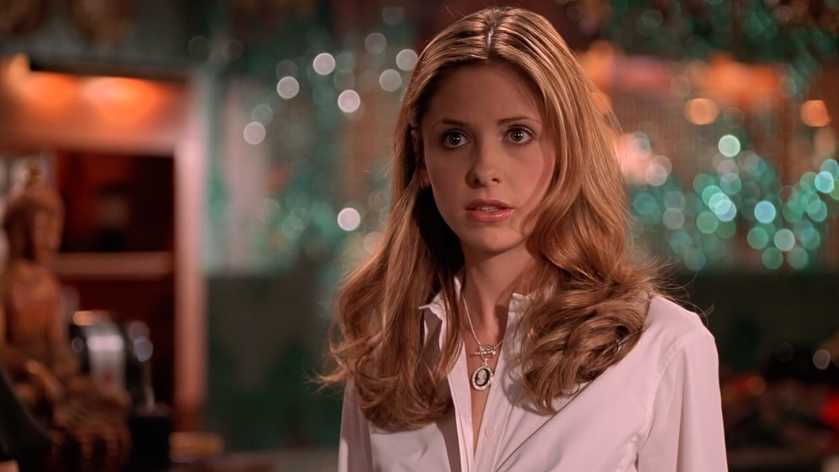Hey everyone, sorry for not posting yesterday. The weather was seriously flirting with spring (as is only appropriate for Valentine’s Day) and Mom really wanted to get out for a bit. Then one thing led to another, and the entire day got away from me.
Winter is coming back tomorrow.
Today I want to get into writing dialog.
Back in the mid-2000’s I was finishing up my film degree and the university offered to send me to a one day screenwriting conference. They’d pay for everything and I’d get to skip all my classes if I agreed to write a detailed report on my experience. The workshop was put on by a Hollywood film school and taught by people with industry credentials. Of course I said yes. It was such a good experience, I later applied to their program.
Unfortunately, I wasn't accepted.
That day we covered the ins and outs of format, story structure, and all the normal things. Never forget, you only get 20 pages to make an impression. If your screenplay isn’t formatted correctly, with all the right headings, they won’t waste their time. And the hero’s journey will never go out of style. Shane Black got lucky breaking the rules, but don’t think you can get away with it too.
Pretty standard stuff.
What made the strongest impression on me was the session on dialog. If you’ve ever listened closely to normal conversation you’ve noticed that most people don’t speak very well. We interrupt ourselves, or say the opposite of what we mean, we start, stop, and stutter. There’s no flow and rarely any great wit. Normal conversation isn’t entertaining and sometimes painful. No one goes to the movies for normal, and certainly not realistic dialog.
Wit and poetry are what we want.
Characters on the page and screen can get away with turns of phrase that would get you funny looks (or slapped) in real life. It’s all part of the fantasy. “Of all the gin joints in all the towns in all the world, she walked into mine.” No one talks like that, unless they’re deliberately quoting the movie. But because we heard it said on screen, the line is immortal.
At the workshop, we were actually advised to look to Joss Whedon.
It’s a tip I’ve been thinking about a lot lately as I’ve been watching through Buffy the Vampire Slayer. “I’m not exactly quaking in my stylish yet affordable boots here,” isn’t supposed to be all time great line. Sure it’s true to Buffy’s character and makes us laugh. Or consider another one of my favorite lines from Xander: “To read makes our speaking English good.” It’s designed to showcase how awkward he is and lend a sense of irony. It’s also a good example of sentence structure inversion that makes Buffy so memorable.
Here’s the problem, and why people hate Buffy-speak so much now: it’s insincere.
Characters have been quippy since Shakespeare first put pen to paper, so we expect that. Inverting lines to keep us paying attention is another age old trick, and a tool we shouldn’t hesitate to use. The problem is that Whedon and those who copycat his style suck the sincerity out of every scene. It’s not Rick’s words in Casablanca that make them stand the test of time, nor the phrasing, it’s the truth that they hold.
“I came here for the waters,” is ironic deflection and makes the scene poignant. “You and I remember Budapest very differently,” (another Whedon line) steals drama.
My conclusion is that yes, there is something to be learned from Whedon’s style. It’s just nothing that can’t be learned elsewhere, without also picking up some bad habits. The Gen-X, postmodern way of undercuting everything serious has lost its shine. We want truth and beauty (as Andrew Klavan would say) in these vapid times. As Buffy herself said in a rare moment of honesty, "The hardest thing in this world is to live in it."
Let's be honest about that, while still celebrating the good.

























